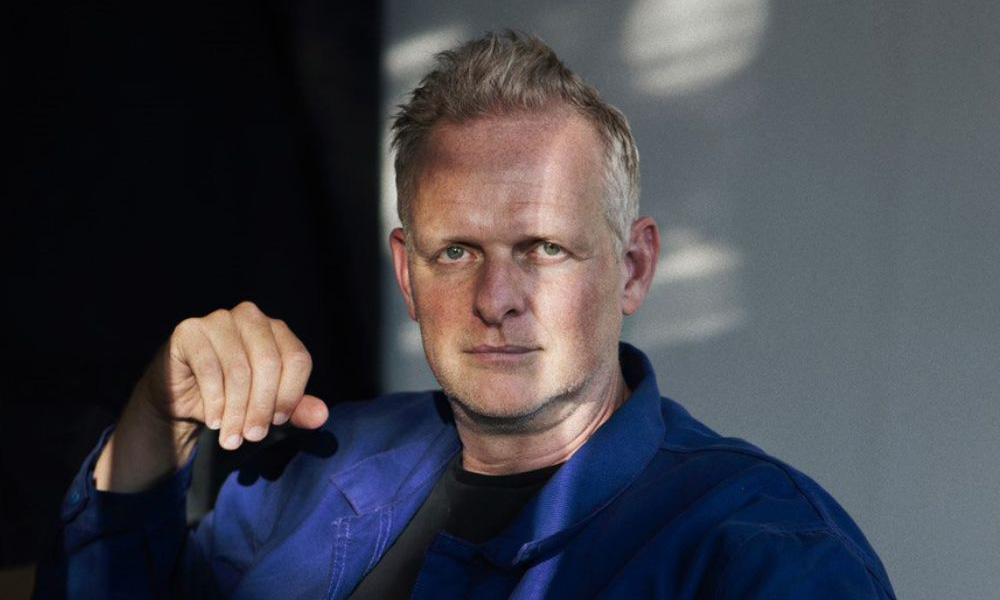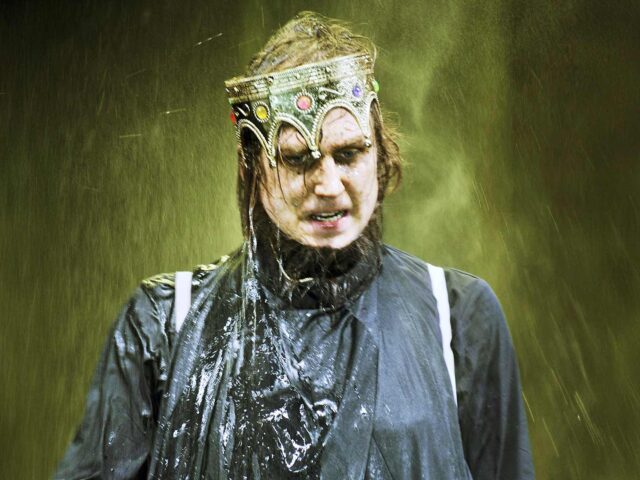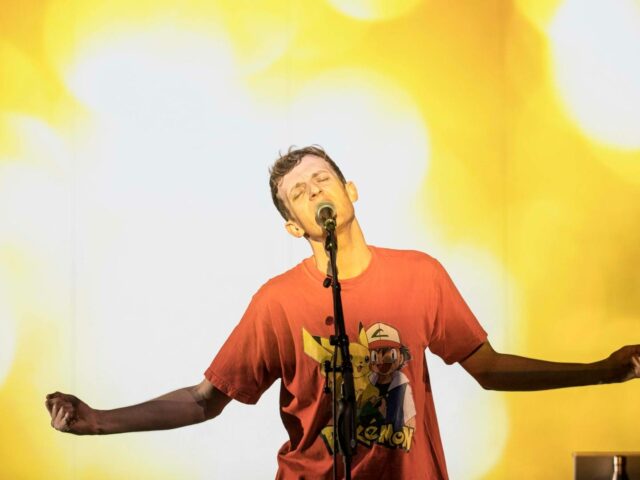
Thomas Ostermeier
Thomas Ostermeier (Soltau, Germany, 1968) is one of the most influential stage directors in contemporary European theatre. Since the 1990s, he has been a central figure in the renewal of German public theatre, advocating for a socially committed, aesthetically powerful dramaturgy aimed at new generations. His work is characterised by realistic, intense and modern staging, which connects classics and contemporary texts with the social tensions of the present.
He trained at the Ernst Busch School of Dramatic Art in Berlin and began his career as an assistant director alongside Manfred Karge and other big names on the German stage. His first major impact came with his direction of the Baracke at the Deutsches Theater in Berlin, an alternative space that he turned into the epicentre of the new German young theatre.
The Berlin Schaubühne and the critical theatre of Thomas Ostermeier
In 1999 he was appointed artistic director of the Berlin Schaubühne, where he still exercises an influential and innovative direction today. From this space, Ostermeier has brought to the stage powerful adaptations of Shakespeare (Hamlet, Othello, Richard III), Ibsen (An Enemy of the People, A Doll’s House), as well as contemporary works by Mark Ravenhill, Yasmina Reza and Marius von Mayenburg, with whom he often collaborates as a playwright.
His aesthetics draw on realism, but always from a critical perspective. His stagings combine austere sets, very precise direction of actors and an almost punk physical energy. With Hamlet (2008), starring Lars Eidinger, Ostermeier achieved a resounding international success, which consolidated him as a global figure in contemporary theatre.
Thomas Ostermeier: between political theatre and international recognition
Ostermeier has been a regular guest at festivals such as the Avignon, the Venice Biennale, the Edinburgh Festival, Temporada Alta or the Grec de Barcelona, and has received numerous awards, such as the Golden Lion for Lifetime Achievement (2011) and the European Theatre Award (2021). In addition, he has always defended theatre as a tool for social transformation, claiming its place in public debate and its capacity to generate critical thinking.
With a contemporary and politicized perspective, Thomas Ostermeier has managed to make theatre a living, uncomfortable and necessary space to understand our time.



